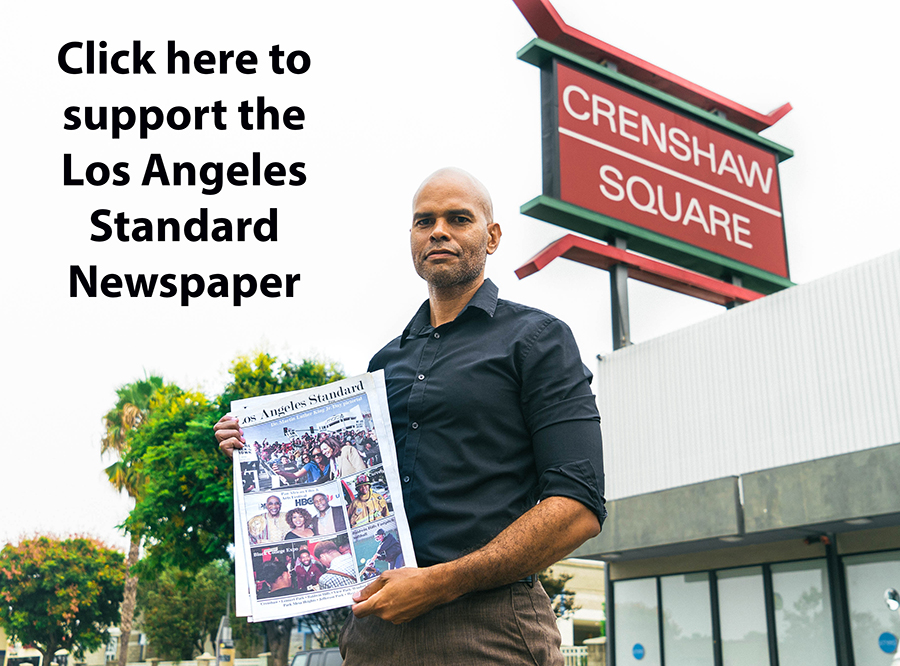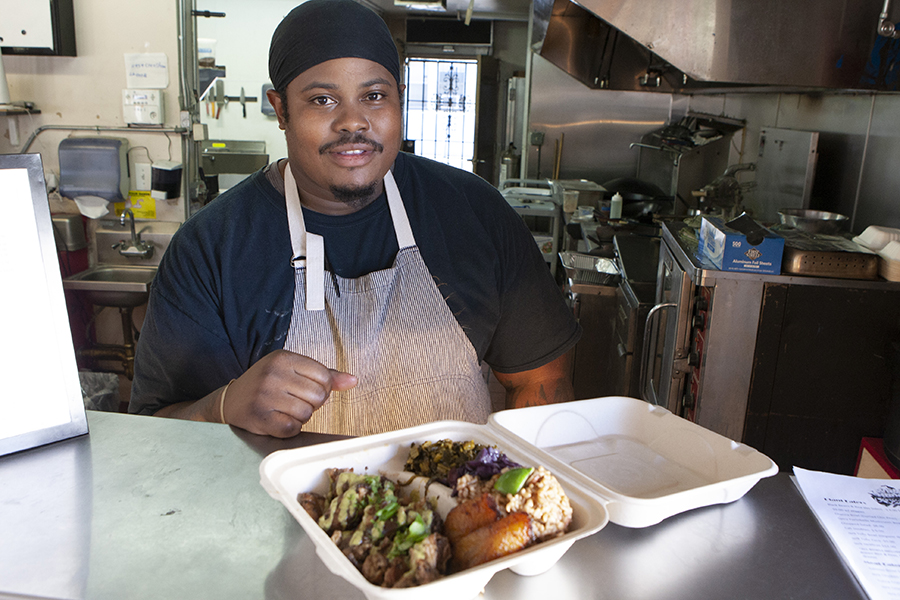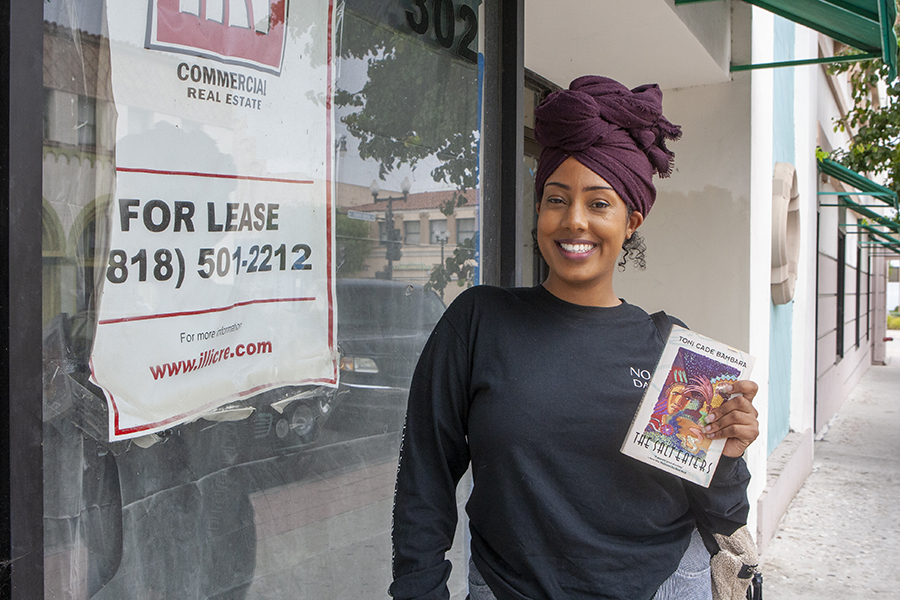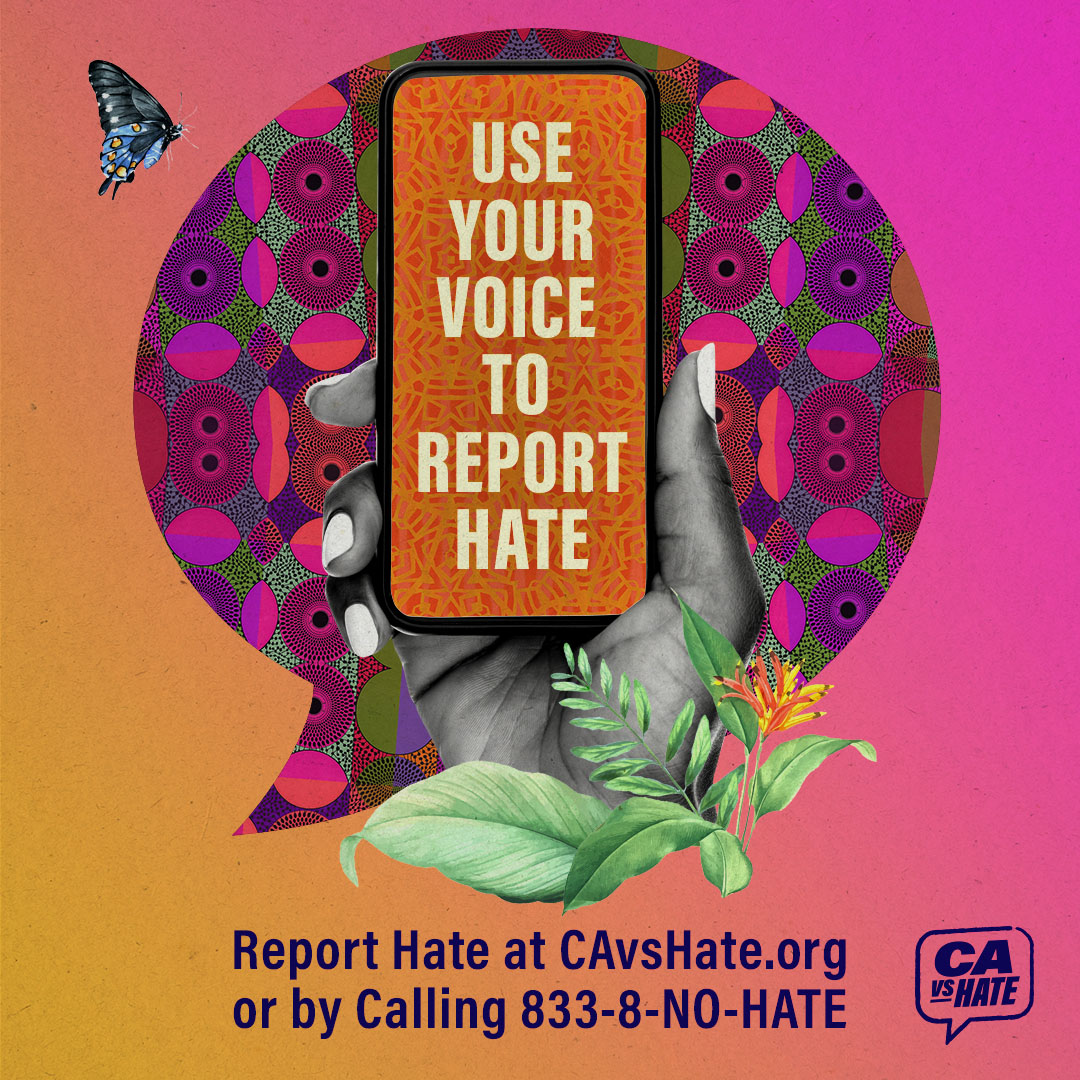Crowdfunding platforms like GoFundMe have become an alternative to securing bank loans.
Please support the crowdfunding fundraisers from these local businesses:

The Los Angeles Standard Newspaper- https://www.gofundme.com/f/support-blackowned-los-angeles-standard-newspaper
Malik Books- https://www.gofundme.com/f/support-us-doing-this-pandemic
Who's Hungry Restaurant and Catering- https://www.gofundme.com/f/who039s-hungry-restaurant-amp-catering
The Salt Eaters Bookshop- https://www.gofundme.com/f/help-establish-the-salt-eaters-bookshop
By Blake Carter
Black small business owners have historically had issues with securing funding from banks, and now Black entrepreneurs are struggling to stay in business during the COVID-19 pandemic. Many Black entrepreneurs are turning to crowdfunding sites such as GoFundMe to raise the capital to start a business, expand an existing business, or to simply stay in business during the pandemic.
A Los Angeles Times article titled “Black-owned businesses face a system set up against them. COVID-19 makes it worse” cited a 2019 report from the Federal Reserve Bank of Atlanta study that showed that only 31 percent of Black-owned businesses received the funding that they applied for, compared to 49 percent of White-owned businesses in 2018. Thirty-eight percent of Black-owned businesses did not receive any of the financing that they applied for, compared to only 20 percent of White-owned businesses.
“If you can find another route I would suggest that,” said Asha Grant, who is opening The Salt Eaters Bookshop in Inglewood. “Going to the bank for a business loan, not only do you have a small chance of actually getting one, because they see Black businesses owners as high risk because of racism. But also I think for Black business owners you’re already up against so much financially. Especially if it’s your first business venture.”
Fundraising was the best option for Grant, and she chose to use GoFundMe because it was a popular crowdfunding platform that many people are familiar with. Her goal was to raise $65,000 to open the bookstore on Queen Street, just east of Market Street. Over 1,700 people donated to her campaign and she was able to raise over $82,000.
The social justice movement following the killing of George Floyd led to an investment in many Black causes and businesses. Grant believes that contributed to the success in her campaign.
“We’ve seen an outpouring of support on GoFundMe this year for a diverse range of causes that are focused on racial justice and equality,” said Patrick Mahoney, GoFundMe senior communications manager. “These fundraisers range from those helping the victims and families of injustice, to those supporting protestors, to those created by and for organizations focused on driving change, to those helping Black-owned small businesses.”
Many entrepreneurs open and maintain their businesses with their own funds, but operating on a shoestring budget will only get them so far. Without proper funding, they will be unable to hire employees, purchase equipment, properly market their business, or function as a well funded business.
“When I started the Los Angeles Standard Newspaper, I was doing a good 90 percent of the work and paying all of the expenses out of my pocket,” said Jason Lewis, owner and publisher of the Los Angeles Standard Newspaper. “Four years later I’m still doing 90 percent of the work and the incoming revenue is just keeping the business afloat. I started a GoFundMe so that I could hire people. I can’t continue to do the bulk of the work and expect this business to expand. I need to hire people so that the business runs more efficiently, and then this publication will be able to have a greater impact on the communities that it serves.”
The Los Angeles Times article also pointed out that 41 percent of Black-owned businesses between February and April permanently closed because of the COVID-19 pandemic, according to a study from the National Bureau of Economic Research.
Malik and Aprilia Muhammad, owners of Malik Books in the Baldwin Hills Crenshaw Plaza, ran into major problems when the mall was closed down because of the pandemic.
“Our business model is based on retail brick-and-mortar,” Malik said. “Although we do have a website and we have been able to be blessed with online sales, the revenue still wasn’t the same as we were doing with our brick-and-mortar.”
The Muhammads started a GoFundMe, and so far they’ve reached about $13,000 of their $30,000 goal. Their major problem was paying bills that are associated with running a book store.
“Before the pandemic we had a huge inventory bill,” Malik said. “Potentially we could have lost credit lines not being able to pay the inventory. Our suppliers were also impacted and they wanted their money as well. I didn’t know how that stuff was going to get paid. Books are costly, and the profit margin is low. Books is a volume type of business. Selling a book here and there, there’s really no value in that. The value is in selling a lot of books. So everyday I was presented with these huge expenses and I didn’t know how I was going to pay it.”
Small businesses throughout the nation have turned to crowdfunding as pandemic relief
resources have been difficult to obtain.
“In the six-month period between March and August, nearly 60 percent of the fundraisers started on GoFundMe were in support of small businesses,” Mahoney said. “In response to the vast increase in pandemic-related needs, we created the Small Business Relief Initiative, donations to which are granted to qualifying businesses and provide a critical lifeline.
“To make it easier for people to find and support Black-owned businesses facing financial loss and hardship, GoFundMe has created a central hub which contains a continuously updated list of fundraisers.”
Stuart and Christiane Eubanks were also impacted by the pandemic, but their issue is more of finding a new home for Who’s Hungry Caribbean & Catering, which has been housed inside King Donuts on Crenshaw Boulevard and 30th Street. The building that their restaurant and the donut shop were in was sold, leaving them without a home. The Eubanks started a GoFundMe campaign to raise $50,000 to secure a new home. So far they’ve raised over $3,400.

Stuart Eubanks said that their first option to raise funds was to start a GoFundMe campaign.
“Trying to get things through a bank is more difficult,” he said. “Trying to maintain a good credit score and still have the business open was a little difficult.”
Running a successful crowdfunding campaign can be tricky,
“First, make sure your story is authentic and genuine,” Mahoney said. “The more information you can share about why you’re setting up your fundraiser, where the donations will go to, the better. Second, share your GoFundMe with friends, families, coworkers, and on social media to spread the word and amplify support. Third, post frequent updates to continue engaging those who have supported your fundraiser.”
Grant also suggests tapping into your network, which is also tapping into your friend’s and family’s networks.
“Here in L.A., everybody is just a few degrees away from somebody who has some money or has some influence,” she said. “Make use of every single person in your life. It’s not all about the people in your own circle, but it’s also about the people in their circles.”
To support these fundraisers, visit www.gofundme.com and search for “Los Angeles Standard Newspaper,” “Who’s Hungry Caribbean & Catering,” “Malik Books,” and “The Salt Eaters Bookshop.











